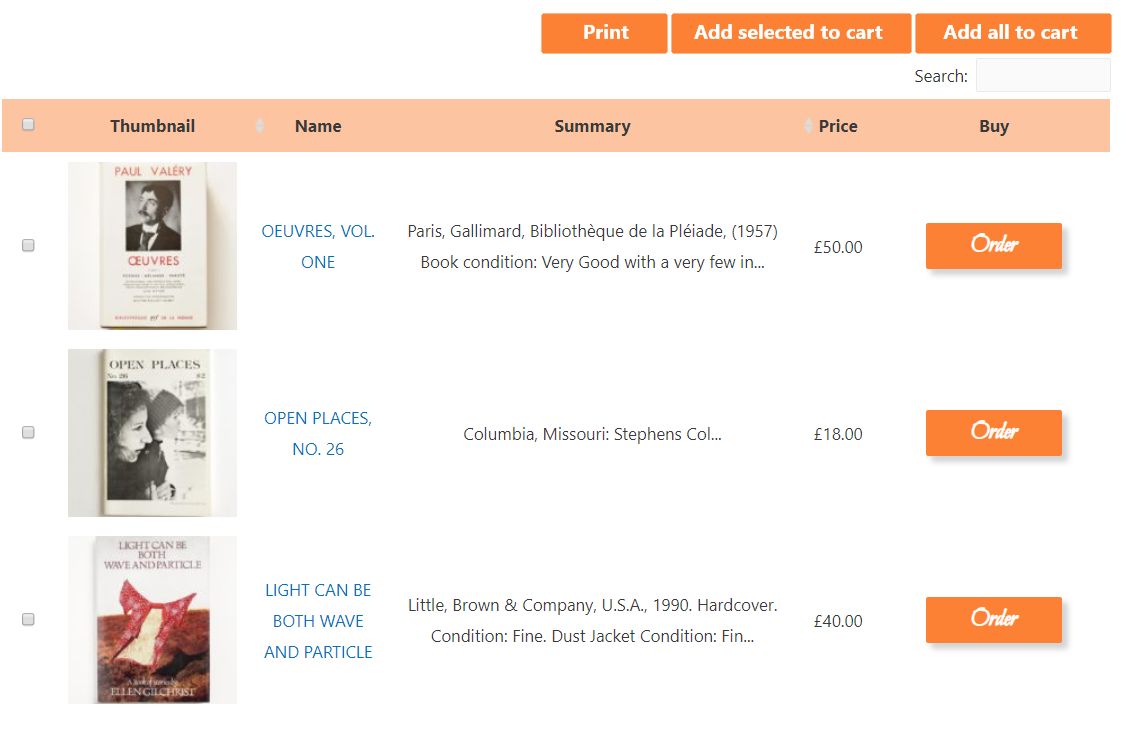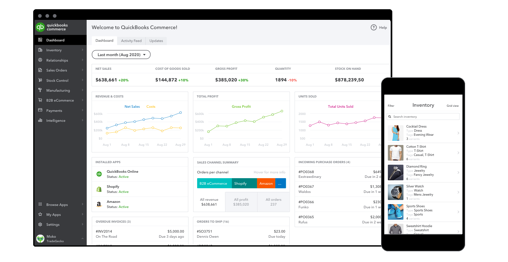Additionally, WooCommerce is very flexible and can be designed to fit into purely eCommerce business models as well as hybrids with both physical and digital stores. WooCommerce stores also secure and integrate with trusted and secure gateways and e-wallets, such as Stripe, PayPal and WePay.
For wholesalers or retailers looking to expand into wholesale there are three ways to use WooCommerce to get your store running;
1. Set up a separate WooCommerce wholesale store
If you are purely selling wholesale then this method is most effective for you because you do not risk over complicating your supply chain workflows. For merchants who are selling both retail and wholesale, building and maintaining two stores has pros and cons.
On the one hand building separate stores means you get to build two custom stores that function exactly as you need them to. On the other hand, having two stores that don’t talk to each other, drawing from the same inventory, with different prices, different pack sizes and different fulfillment needs can quickly turn into a logistical nightmare. For this reason, this option is less suitable for omnichannel sales.
2. Registering wholesale orders manually
This option is adopted by some retailers looking to expand into wholesale. Rather than building a section into their existing store dedicated to wholesale, some retailers tell their wholesale customers to reach out to them directly, perhaps via email or text to place orders.
The merchant then manually enters these orders into their back-end so as not to run out of stock on their website. This method of using WooCommerce for wholesale is problematic because it is not scalable and requires a great deal of manual effort. It can also mess up your retail orders when large orders are accidentally placed on your retail store.
3. Use Plugins for WooCommerce wholesale selling
For merchants looking to use WooCommerce to sell wholesale online, this option is the most effective way. While the WooCommerce platform may be free, there are many useful plugins you can integrate with to enhance store performance. For example, the WooCommerce pricing plugin lets you assign “roles” to different types of buyers ie; retail or wholesale buyers and then assign specific prices on products, based on the customer placing the order.














